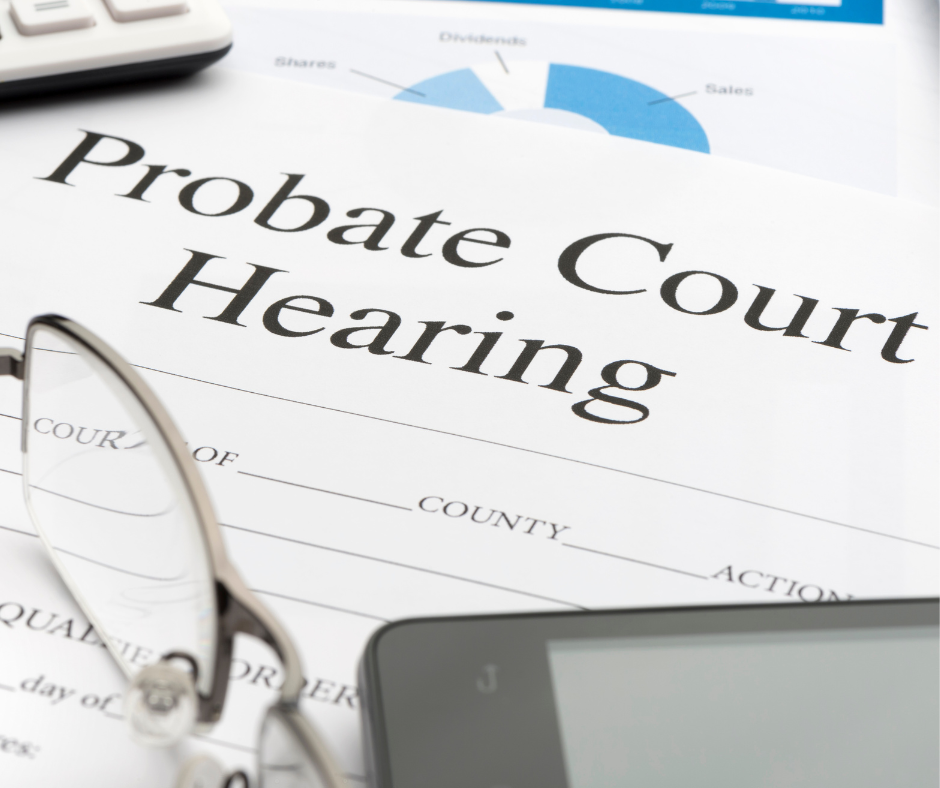Quiet Title Actions in South Carolina
The need to “quiet title” to real property often arises when someone has recently purchased property without the benefit of a title search; for example, when purchasing property at tax sale, in a foreclosure auction, or at an estate sale. Such actions can also arise after an owner runs a title search and learns that someone else is claiming an ownership interest in real property that they were unaware of. Types of claims may include creditors’ liens, heirs’ claims, or even possible fraudulent deeds staking claim to the property. Ideally, a title search is performed prior to purchasing new real estate, but if others stake a claim to real estate that you own, it is important to bring a quiet title action to cure any defects in title. Without clear title, an owner will not be able to enjoy their property free and clear, or to sell the property.
Bringing a quiet title action simply means that the owner of real property is asking a court to eliminate any other interests claimed to the real property. In South Carolina, “any person in possession of real property… or claiming title to vacant or unoccupied real property may bring an action against any person who claims or who may claim” an interest in the real property. See S.C. Code § 15-67-10. A quiet title action will determine the rights of all parties claiming an interest in the property, clarifying ownership through a court of law. In some situations, instead of seeking court intervention, deeds are inaccurately filed with the Register of Deeds offices throughout South Carolina, which only complicates matters further. It is always best to run a proper title search and use the court system as the method for eliminating title issues to real property, rather than relying on Register of Deeds filings.
Once a quiet title action is filed, all parties staking a claim to the real property, including any unknown parties who may have an interest, must be served with the lawsuit. In some instances, other parties fail to appear in a case or do not contest the action, and a final hearing can conclude the matter fairly quickly. In other cases, there may be parties contesting ownership of the property, at which point a trial is necessary in order for a judge to hear all of the evidence from all parties and issue a final ruling on the matter. A final determination and order from the court will quiet title and bind all parties to the court’s findings. The final order is then recorded with the Register of Deeds in the county where the property is located, clearing title and becoming part of the real property’s chain of title.
If you find yourself in a situation where you need help or guidance in filing a quiet title action, please contact Jolley Law Group and we will help you navigate your next move.










